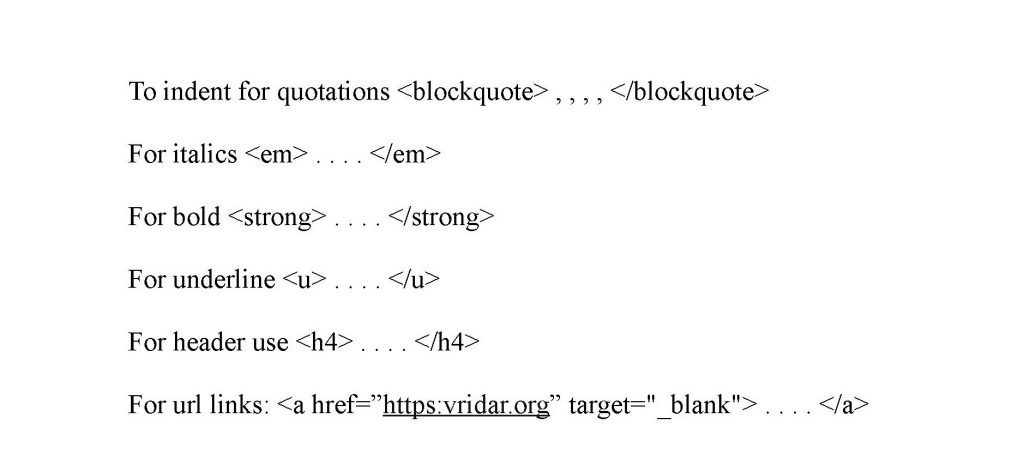Now that I am almost two-thirds of the way through the first round (of 3 to 4) of categorizing and tagging my 3700+ posts here it has become painfully apparent to me that a blog is not the appropriate storage area for many types of posts.
The blog allows for labelling content by categories and tags. Categories are broad conceptual terms while tags are for the many details. I have come to see that this classification system is designed to show readers what sorts of content is mostly found on a blog. That’s all very fine for some purposes, I am sure, but it is not what I want. My problem is that I have an “information science” background and I want to have a system that allows users to see fairly easily and quickly if there is a post here that might be of use to them. The categories and tagging system does not serve that purpose. It only (more or less) tells viewers the main biases of broad conceptual content that dominates a blog. Not the same thing by a long shot.
Categories and tags are fine for alerting web crawlers to what’s what when comparing or harvesting info from different sites, but they are not very useful for alerting viewers if there is something here that is of particular interest to them.
Some people have urged me in the past to separate my political content from my biblical posts so that I run two blogs. Ironically, it is the political side that lends itself more easily to the categories and tagging controls. A political blog focuses more on regular updates and is the sort of thing a blog is designed for. Though I also like to do background research posts on certain political issues and once again those sorts of posts are not ideally placed on a blog.
I am beginning to think that I ought to move, copy or somehow at least link the bulk of my and Tim’s posts to a static website instead — at least one which opens with a clear table of contents that narrows down to multiple indices.
I did have in mind a Topic Map (TAO) — I thought that would be ideal: it would, I thought, enable all sorts of cross-searching of terms, linking concepts, drawing out all sorts of answers along with related possible spin-off options. But I see that Topic Map technology has passed me by and is no longer a bee’s knees thing. I am out of touch and must catch up to see if there is a stable replacement yet available.
But that’s not going to happen before next week, maybe more than a year, even. My first task is to complete the first round of doing a “rough and ready” classification of posts with a crude category and tagging system. It will have many overlapping and grey areas but those will be refined in future iterations and refinements. Going on to 4000 posts is a lot for one person to sort through, but it has to be done, and no point putting it off any longer — as I have been doing for too long already.
Like this:
Like Loading...






